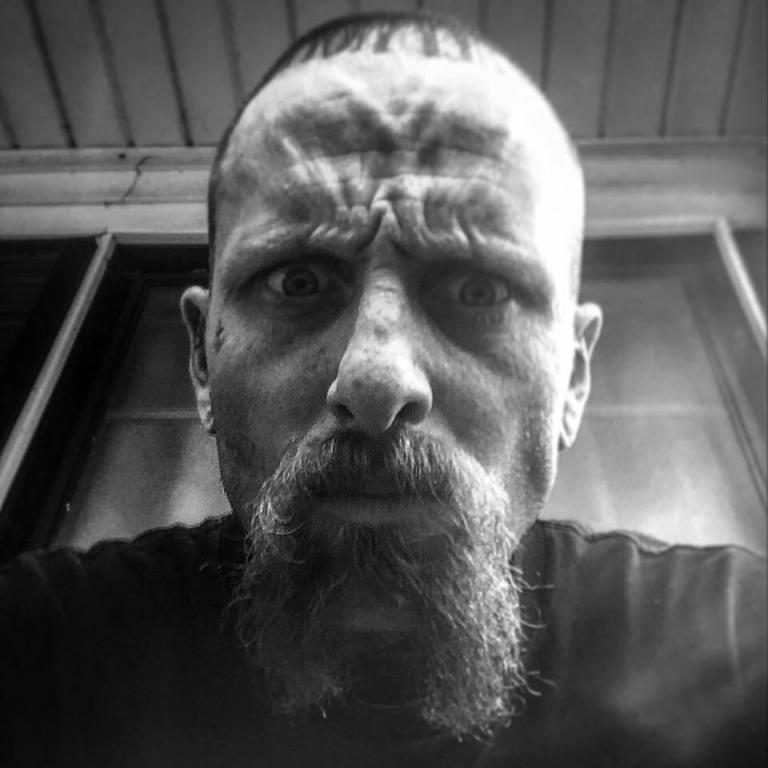Bio:
Douglass Anne Cartwright describes herself as somewhere between a ballerina and a drag queen. She claims New York City as her hometown and is currently a Masters of Divinity student at Brite Divinity School and the “Table” Intern at East Dallas Christian Church. She enjoys musical theatre (obviously), board games, and flash mobs.
A Church Like Javert
By Douglass Anne Cartwright
Musical theatre is often the embodiment of what I find holy. From early on, the stories, character, lyrics….all of these seem to have more depth and emotion than what I could find in most church services and meetings. Although that has changed as I’ve grown older and capable of understanding more of what happens in those particular settings, musical theatre continues to captivate me.
The first musical that held me in this way was Les Misérables, composed by Claude-Michel Schönberg and with an English libretto by Herbert Kretzmer. Based on Victor Hugo’s novel of the same name, it carries within it a tapestry of theological implications. Three characters are easily recognized within that tapestry. First, there’s the Bishop of Digne, who calls a thief (Jean Valjean) “Brother,” and grants such a stunning act of compassion that Valjean is driven to commit his life to God. Then, there’s Jean Valjean himself, who follows through on that commitment and continuously acts on the behalf of others. While, on the other end of the spectrum, there is Thénardier (and his wife), who cares only for his own satisfaction.
While these characters are fascinating in and of themselves, it has always been the unlikely Inspector Javert who draws me in. Javert falls into a more-difficult-to-describe category of a somewhat villain, somewhat very misguided good-guy-at-heart. Javert has a lot of things going for him: He’s a man of faith who has lived a life of service to God, working for justice to the letter of the law and willing to go to great lengths in order to achieve it. (Plus he’s a man in a uniform with long hair and a killer voice…usually.) On the other hand, Javert lives in an unchanging world of black and white, and when the going gets tough and he realizes that he may not have been right all along in his pursuit of Jean Valjean…well, it doesn’t end well (think Judas Iscariot after the betrayal).
So often I see the Church having similar characteristics to Javert — convinced of its “right-ness” and willing to go to any lengths to preserve the earthly justice over which it wants to have control. If you list out the sins of the Church throughout history, for each one of them, there’s a person (or several persons or a great many persons) who believed that what they were doing was right, no matter what the cost. Not far from that is the belief that only one entity (the Church) can be right, while everything else must be wrong. And, good intentions abound where ostracism, condemnation, and hell-fire are thrown about, and it gets harder and harder to see “right” and “wrong” in the midst of the smoke. Is the Church heroic? Is it villainous? Is it somewhere in the middle in a more-difficult-to-describe-category?
Javert’s self-demise comes because he can see no way to go on living in a world where he might be entirely wrong. A world in which sins can be forgiven (except his own), in which crimes can be reprieved (except his own), and in which people can change (except for him).
But that is exactly the world that the church is supposed to live in. And I’ve seen that world in action, also. Places where the Church has given grace and mercy and love to those who needed it most. Places where the Church invited transformation and change and healing to occur. Places where the Church has shown forgiveness and out of good intentions, good things have come.
In Les Misérables, the characters of Jean Valjean and Javert seem counterpoint to one another. The one who is so sure he is right turns out to be the one who is wrong. While the one who assumes he is in the wrong, ends up doing the most right. Neither is purely “good” or purely “evil.” Neither one entirely “right” or “wrong.”
The Church also features this kind of counterpoint, always ebbing and flowing. Considering itself the bastion of faith while sometimes doling out condemnation and sometimes delivering grace. The Church cannot be purely “good” or divinely “right,” no matter how hard it may try to define those terms and live them out; but, perhaps by recognizing this imperfection, we can be better witnesses of them.
“…For all who exalt themselves will be humbled, but all who humble themselves will be exalted.” (Luke 18: 14b)












